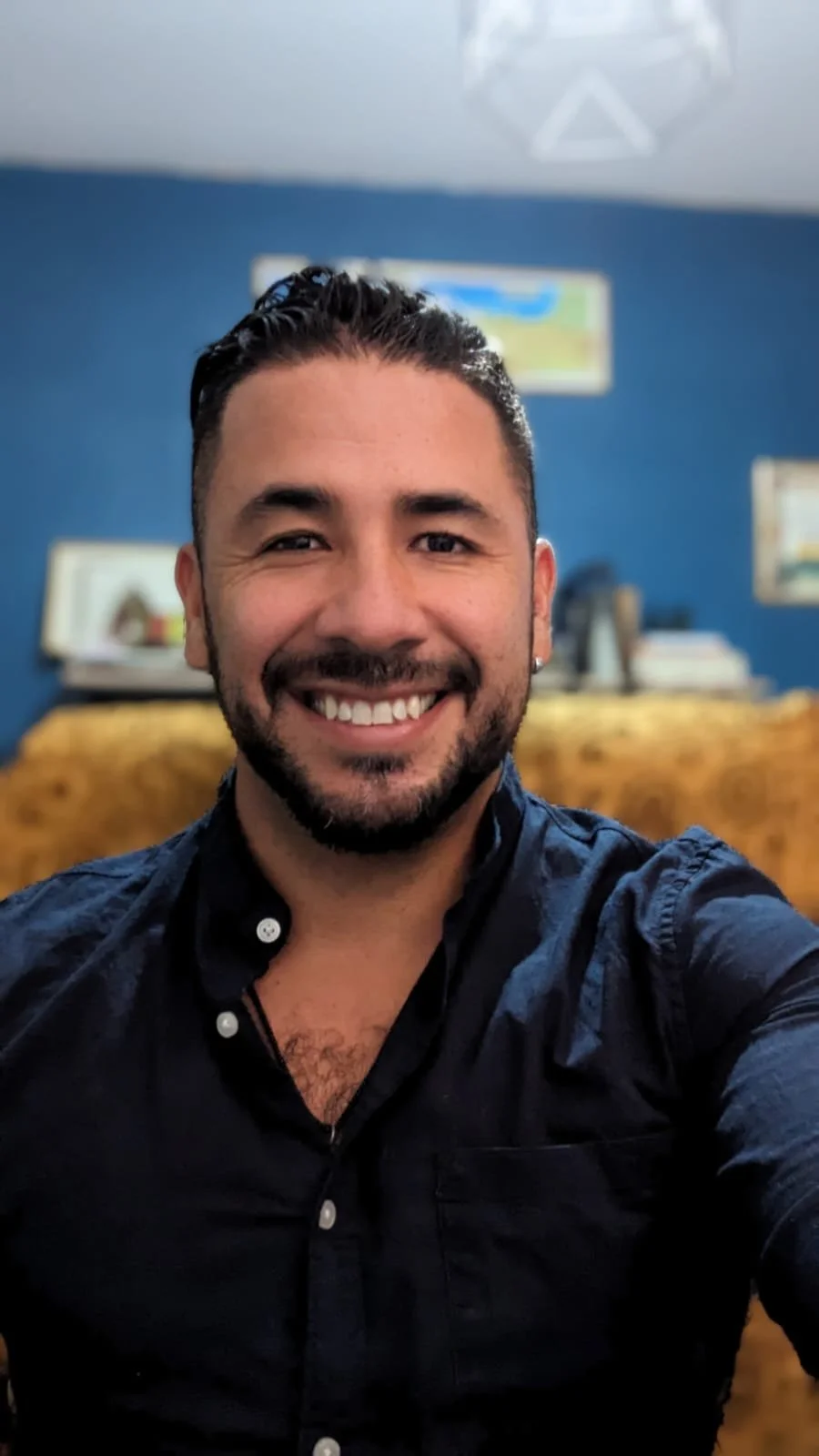

This study explores the concept of educational trajectories, which are theoretical frameworks used to analyze complex life processes within specific groups of individuals. Educational trajectories encompass three main axes: access to opportunities and resources, individual capacities and aspirations, and the role of time. They take into account diverse contexts, such as family and societal influences, which can shape students' educational journeys. The research focuses on real educational trajectories, which may diverge from the standard theoretical paths and encompass factors like educational transitions, overage students, low intensity relationships with school, low learning achievements, absenteeism, and school abandonment. The study aims to shift the focus from labeling students as "at-risk" to understanding the complex relationships they have with their social and educational environments. Additionally, it considers the unique challenges faced by LGBTQ+ youth in Mexico, particularly in the context of increased internet and technology usage and the pressures to transition into the workforce. Homophobic violence within schools and society further complicates the experiences of LGBTQ+ students, affecting their sense of safety and well-being. By understanding these multifaceted dynamics, the study aims to provide insights into fostering better educational outcomes and supporting the well-being of all students.
Educational Trajectories of LGBTQ+ Mexican Youth

Research Questions
Educational Trajectories will address the following questions.
What are the educational trajectories of Mexican LGBTQ+ youth?
How do school, family and work intersect in the educational trajectories of Mexican LGBTQ+ youth?
What is the role of ICT in the educational trajectories of Mexican LGBTQ+ youth?
How do schools participate in the exclusion or recognition of Mexican LGBTQ+ youth?
What are the emotional trajectories of Mexican LGBTQ+ youth? During their educational trajectories?
Who can Participate?
You are eligible to participate in this study if:
Participants should be between 18 and 25 years oldLive in or are from MexicoIdentify as LGBTQ+
All participation is voluntary. Participants' identities will be kept anonymous, and their information will be treated with strict confidentiality, following the guidelines of the Declaration of Helsinki.

How the Study Works
This is an interview-based study, in-depth interviews that will last approximately two hours long.
An interview guide will be provided that will explore the following dimensions: wellbeing in school, discomfort in school, important relationships in school, grades and failures, barriers and difficulties, perception of violence and discrimination, insecurity in school and home, care and protection, professional goals, life project, peers, and family.
In addition to the in-depth interviews we are also using another data-gathering technique titled "Non-time line". This will involve both interviewee and interviewer co-constructing the interviewee's educational trajectory, based on five dimensions: body, psychoemotional, economy, school and family. The aim of this technique is to have a visual support of each participant's real educational trajectory, and to triangulate the data we get from the interviews.
Meet the Team


Contact Us
If you have any questions or would like to sign up to receive study results please fill out the form below.





